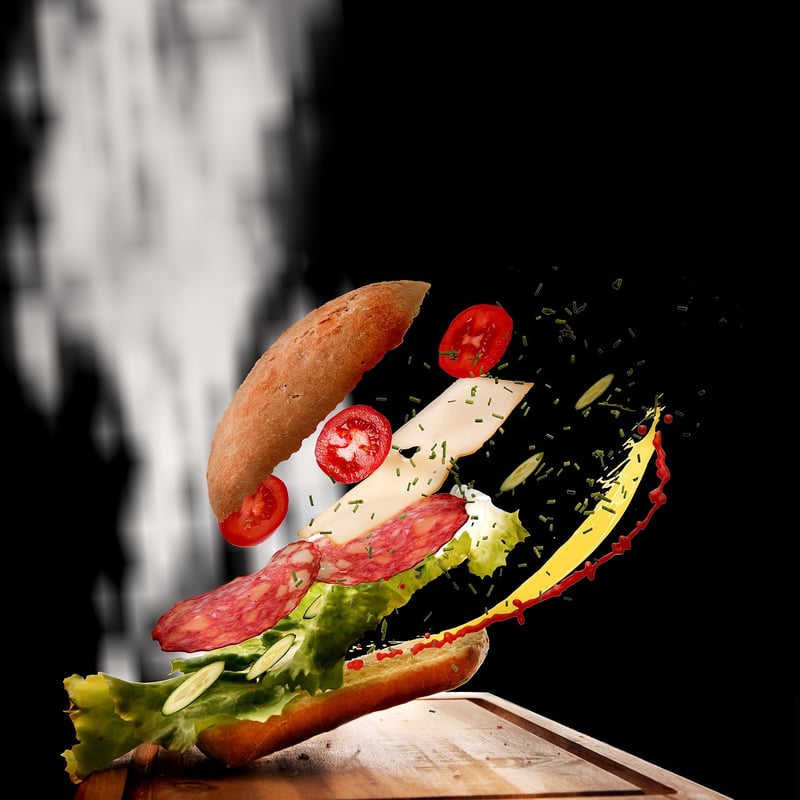Flavor Chemistry
The Science Behind Food: Flavor Chemistry
Food is not only essential for our survival but also a sensory experience that can evoke emotions and memories. One crucial aspect that influences our perception of food is flavor chemistry. Let's delve into the science behind food and explore the fascinating world of flavor chemistry.
What is Flavor Chemistry?
Flavor chemistry is the study of the chemical processes that occur during food preparation, cooking, and consumption, which contribute to the overall flavor of the food. It involves understanding how our taste buds, olfactory senses, and brain interact to create the perception of different flavors.
Key Components of Flavor Chemistry
Flavor chemistry is a complex interplay of various components. Some key elements include:
- Aromas: Aromas are volatile compounds that are responsible for the smell of food. They play a significant role in how we perceive flavor.
- Taste molecules: These are chemical compounds that stimulate our taste receptors, such as sweet, salty, sour, bitter, and umami.
- Mouthfeel: The texture and physical sensations of food in the mouth also contribute to the overall flavor experience.
- Chemical reactions: During cooking and food preparation, various chemical reactions take place, leading to the formation of new flavor compounds.
The Role of Maillard Reaction
One of the essential chemical reactions in flavor chemistry is the Maillard reaction. This reaction occurs between amino acids and reducing sugars at high temperatures, resulting in the browning of food and the development of complex flavors and aromas.

Applications of Flavor Chemistry
Flavor chemistry has various applications in the food industry, such as:
- Developing new food products with specific flavors.
- Enhancing the taste and aroma of existing food products.
- Creating artificial flavors that mimic natural ones.
- Understanding consumer preferences and trends in the food market.
Conclusion
Flavor chemistry is a fascinating field that helps us understand why we enjoy certain foods and flavors. By unraveling the complex chemical processes behind flavor perception, scientists and food experts can create culinary masterpieces that tantalize our taste buds and enrich our dining experiences.
Next time you savor a delicious meal, remember that it's not just the ingredients and cooking techniques that make it special—it's also the magic of flavor chemistry at work.
